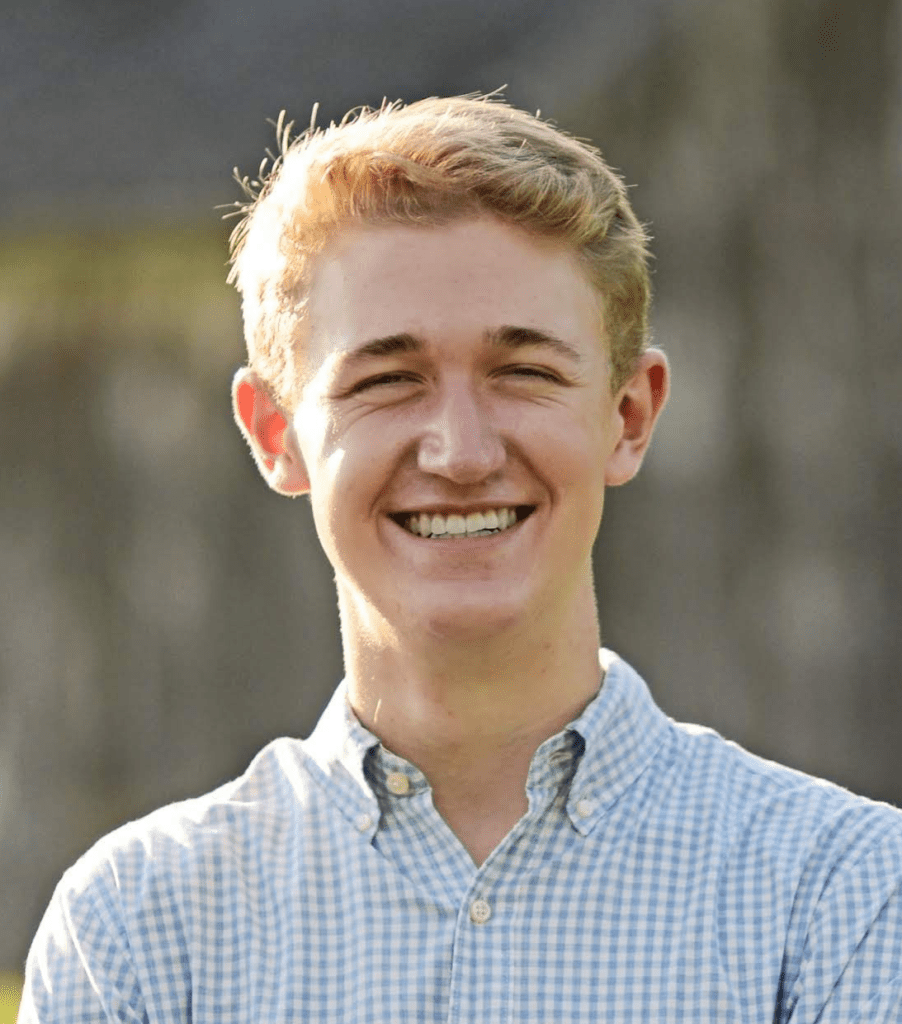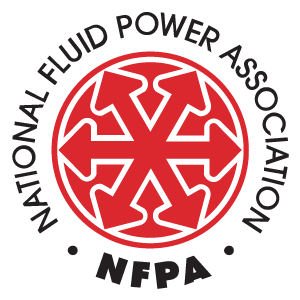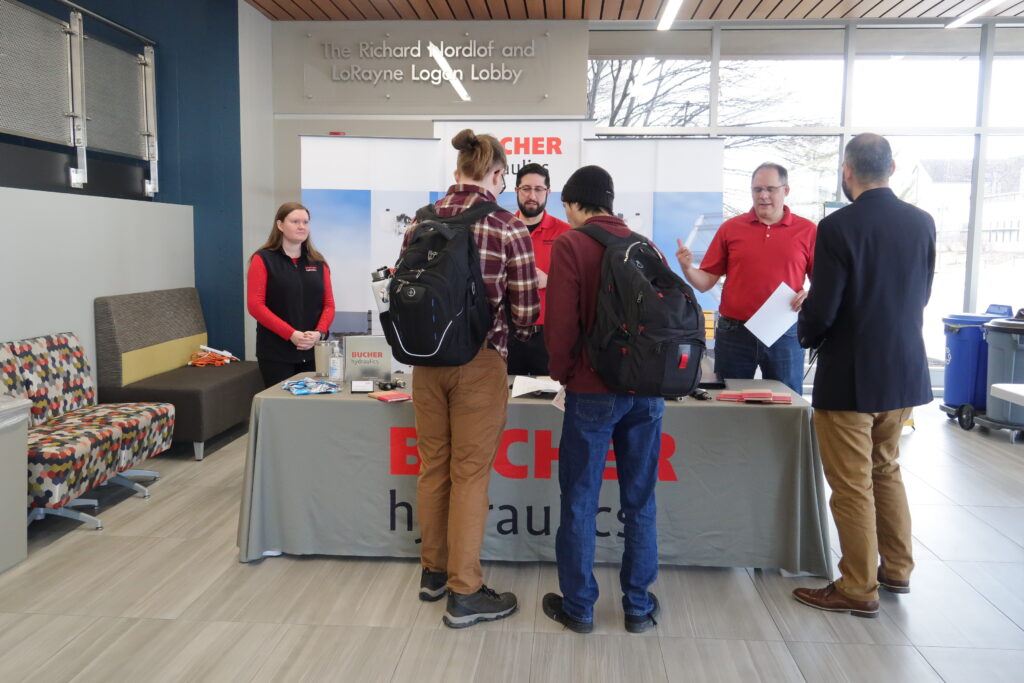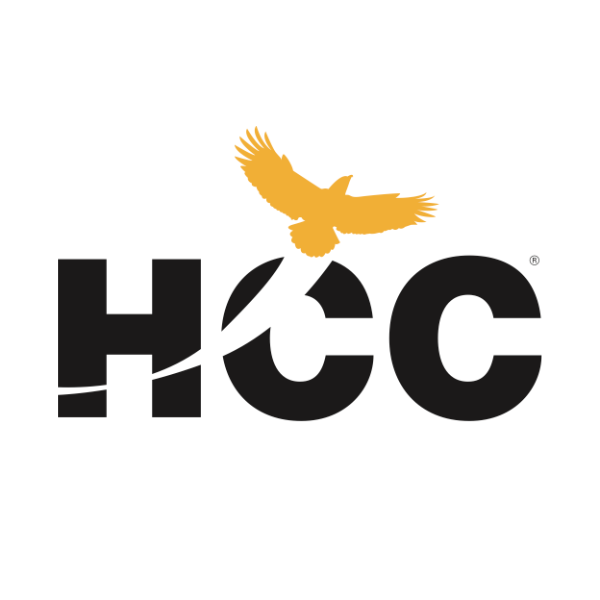
The NFPA Education and Technology Foundation has awarded 23 $2,000 scholarships to students pursuing fluid power related fields of study.
One of the winners, Brendan McCluskey, is attending Georgia Institute of Technology, and is a previous awardee of the Fluid Power Scholarship. Brendan provided us with an update on his fluid power education.
What class(es) did you take within the last year that expanded your understanding of fluid power? Did the class(es) impact your long-term career plans? What are your fluid power educational track/career aspirations?
As I was applying for this scholarship last year, I was enrolled in my first fluid dynamics course and was receiving a rigorous introduction to the field. Since then, I have continued to learn more by participating in undergraduate research. While I had research experience previously, with a better theoretical foundation, my role in the lab has greatly expanded: I have helped younger students find their way around, begun work on a more complex experiment, and been granted funding through the Georgia Tech President’s Undergraduate Research Award. All of this has led me to start working on a Bachelor’s thesis. My focus has been on an experiment that studies how spatially periodic structures in open channel flows can give rise to fluid instabilities. By working on my thesis, I have learned more about fluid dynamics, reaffirmed my desire to pursue a career as a research scientist, and gained important skills for my future profession.
As part of my Bachelor’s thesis, I am required to take two classes: LMC 4701 (Research and Proposal Writing) and LMC 4702 (Research and Thesis Writing). I am currently enrolled in the first course, which focuses on synthesizing existing literature to write a project proposal by the end of the semester. Not only has this class allowed me to learn so much about the physics behind my experiment, but it has also taught me how to efficiently find and read academic papers. Additionally, by writing and reviewing drafts, I have significantly strengthened my technical writing skills. I will continue to build on these skills by taking LMC 4702 next year and writing my thesis.
In conjunction with my coursework for LMC 4701, I have also been working to design the experimental apparatus that will be used to collect data for my thesis. Building this experiment from the ground up has taught me critical experimental physics skills, such as how to use tools in the machine shop to custom-make parts, how to interface sensors with data acquisition systems, and how to use image processing techniques to collect data. Beyond hands-on skills, I have also been able to apply the theoretical physics that I learned last year in my fluid dynamics course to a real system. I have greatly enjoyed seeing the connection between theory and experiment.
During the past year, I have learned so much more about fluid dynamics and its applications. More importantly, my experiences have proved to me that a career as a research scientist—writing proposals, developing experiments, applying for grants—is meant for me. I plan to pursue a doctorate in experimental physics or mechanical engineering, and I am very interested in fluid dynamics. I would love to expand on my thesis by investigating how fluid instabilities could be applied to fluid power systems. In the field of fluids, there are so many underlying physical connections, and I am confident that what I have learned in my physics background could be applied to the study and optimization of fluid power.
A minimum GPA of 2.5 out of 4.0, 500-word essay, and letter of recommendation were required from each applicant. The NFPA Foundation’s goal is to help graduating high school students, and individuals enrolled in community colleges, technical schools and universities pursue their academic interests in fluid power.
One way NFPA members can get involved with scholarship programs is to volunteer as a judge to serve on the application review committee or mentor a robotics team as they work towards incorporating pneumatics in their designs. This year 16 judges from 13 NFPA member companies reviewed 50 student applications to the Fluid Power Scholarship program. If you are interested in learning more, please contact Haley Nemeth at hnemeth@nfpa.com.
Like this post? Share it!
Recent Posts
Fall 2024 Fluid Power Recruitment Event with NIU
RSVP for our Fall 2024 Fluid Power Recruitment Event with Northern Illinois University (NIU). NIU is one of seven universities recognized as a Power Partner, teaching fluid power competencies and engaging in all NFPA educational programs. At this event, your company will have the opportunity to connect directly with NIU engineering students. Engaging in meaningful conversations,…
Now Announcing: Cuyahoga Community College as a Fast Track Hub in Ohio
NFPA’s Fast Track to Fluid Power is a workforce development pathway that partners local technical colleges with fluid power industry members and high school teachers. These networks create awareness and interest in fluid power and train students along a path that leads to careers in fluid power at NFPA member companies. We are pleased to…
Now Announcing: Houston Community College as a Fast Track Hub in Texas
NFPA’s Fast Track to Fluid Power is a workforce development pathway that partners local technical colleges with fluid power industry members and high school teachers. These networks create awareness and interest in fluid power and train students along a path that leads to careers in fluid power at NFPA member companies. We are pleased to…



